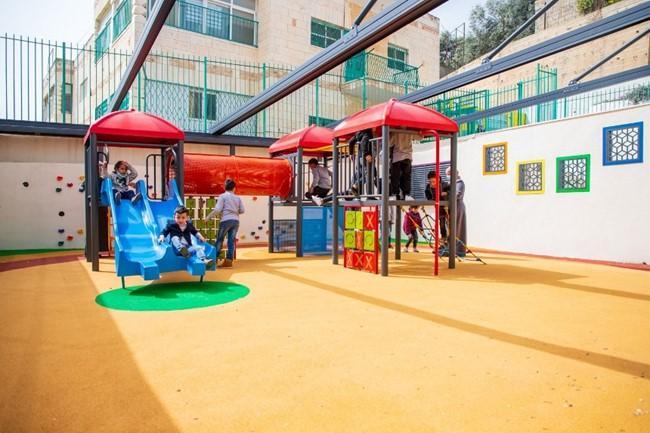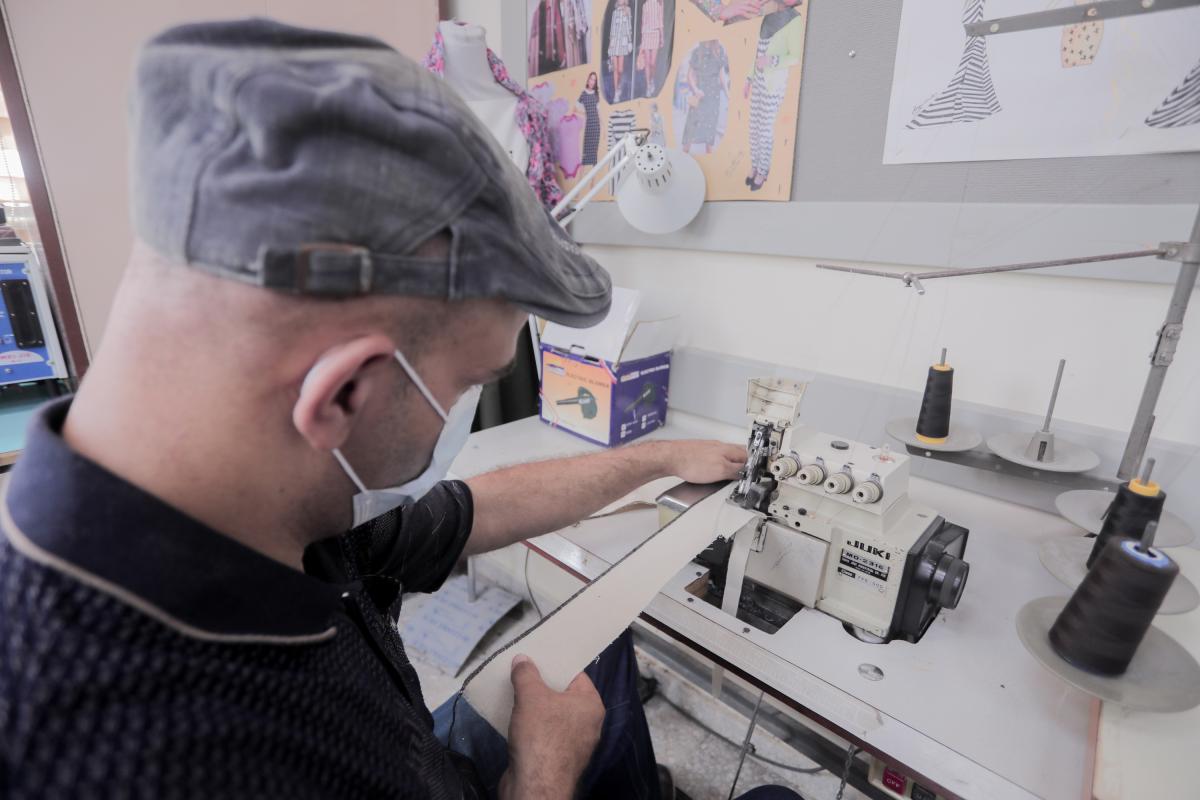Rechercher
Visualisation 1 - 2 de 2 évaluations
-

Evaluation of the Resilience in Schools of East Jerusalem project (RiSE)
Victoria DEOM | 18/11/2024 2024 | COWATER
The education system in the West Bank, Gaza Strip, and East Jerusalem faces significant challenges, impacting students, teachers, and infrastructure. Poor-quality education results in a learning crisis, with inadequate pre-primary education and low reading proficiency limiting students' STEM potential. Conflict and external shocks disrupt learning, especially in vulnerable areas like Area C and East Jerusalem, where political instability and funding shortages exacerbate issues. Palestinian students also face frequent learning disruptions caused by ongoing conflict and external shocks such as the COVID-19 pandemic, violent escalations, economic instability, infrastructure deficits, and teacher strikes. In vulnerable areas like Area C and East Jerusalem, political instability and funding shortages create additional barriers to educational continuity. The RiSE project was launched to improve education access, upgrade infrastructure, and revitalize semi-public spaces, using an area-based approach to enhance school conditions and student well-being. The project aimed to alleviate classroom shortages, enhance school appeal, and create spaces for extracurricular activities. The evaluation of the RiSE project centered on two main objectives: accountability and learning. Accountability assessed the project’s success in meeting its goals as required by donors and stakeholders, while learning identified successful strategies and areas for improvement. The evaluation provided insights for scaling or replicating similar projects using evidence-based decision-making. The RiSE project evaluation adhered to the OECD-DAC criteria, which provided a structured framework to assess relevance, coherence, efficiency, effectiveness, impact, and sustainability. These criteria ensured a comprehensive evaluation of both project outcomes and processes, delivering accountable, high-quality results for all stakeholders. Data collection included reviewing key program documents and conducting interviews with stakeholders. These methods provided a comprehensive assessment of the project's performance and impact, offering insights for future initiatives.
-

Evaluation of the Skilled Young Palestine project (SYP)
Victoria DEOM | 11/07/2024 2024 | Particip-technopolis
The 'Skilled Young Palestine - Improving Resilience and Employment Opportunities for Youth' (SYP) project aims to strengthen the resilience of Palestinian youth in vulnerable areas by improving their employability and entrepreneurship skills. The project, spanning from May 27, 2019, to May 27, 2024, with a budget of €7.5 million, aims to empower 2,800 young individuals. It involves 30 partners: 23 private sector umbrella organisations (PSUOs) across the West Bank, East Jerusalem, and the Gaza Strip; the Palestinian Employment Fund (PEF); the United Nations Educational, Scientific and Cultural Organisation (UNESCO); and 5 Non-Governmental Organisations (NGOs) and academic institutions. The project was executed in collaboration with key strategic partners, including the Ministries of Labour, Finance, and Higher Council for Youth and Sports (HCYS). Additionally, implementing partners comprised PSUOs, Technical and Vocational Education and Training (TVET) centres, and NGOs overseeing the innovation hubs. The ultimate beneficiaries of the programme were young men and women. The evaluation is conducted at the end of the project implementation aiming at: guiding future strategic and operational decisions with evidence-based recommendations, facilitating a comprehensive learning process by analysing ENABEL's performance and extracting valuable insights, and ensuring accountability to donors, partners, and ENABEL's staff. The end-term evaluation (ETE) drew its findings, conclusions, lessons learned, and recommendations mainly from a comprehensive desk review, including annual reports, final report and the mid-term evaluation report. Qualitative data was also gathered through interviews with stakeholders and focus group discussions involving young beneficiaries. These data sources were used to verify and triangulate the findings. The duration of the ETE had to be adjusted several times because the mission has been conducted during the ongoing Israeli war on Gaza and Ramadan month. Unfortunately, interventions in the Gaza Strip were excluded from the assessment due to these challenging circumstances.
